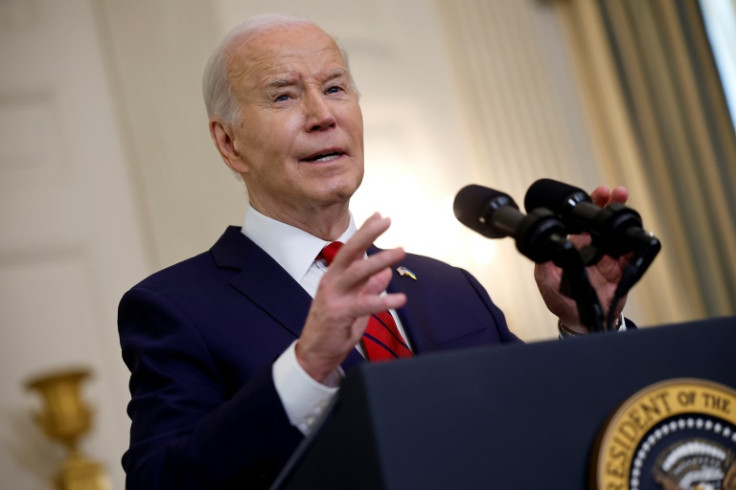
The Biden administration has decided not to sanction three Israeli military battalions accused of "gross human rights violations" against Palestinian civilians in the West Bank. Despite these allegations, the units will continue to receive U.S. military aid.
Secretary of State Antony Blinken's letter to House Speaker Mike Johnson outlined this decision, stating that aid delivery would not be delayed, provided Israel takes specific steps to address the allegations.
The accusations predate the conflict with Hamas and do not involve operations against Hamas in Gaza or actions against Iran or its proxies. The decision may draw criticism, particularly regarding accountability for Israeli military operations in Gaza.
Issa Amro, a Palestinian human rights activist, expressed disappointment to ABC News, citing a lack of concrete actions to reduce violence and promote peace.
Administration officials defended the fairness of their review process and noted ongoing consultations with Israel. Under the Leahy Law, U.S. military assistance can be withheld from foreign military units implicated in gross human rights abuses, with exceptions for countries taking corrective measures. Of the five units initially under review, four have reportedly undergone remediation steps.
Israel acknowledged misconduct by another IDF battalion, relocating it from the West Bank to the Golan Heights in 2022. Secretary Blinken assured continued engagement to address issues within this unit while reaffirming support for Israel's defense. Prime Minister Benjamin Netanyahu pledged to oppose any potential U.S. sanctions, calling them a "moral low."
On Saturday, Axios reported Washington's purported plans to impose sanctions on Israel's Netzah Yehuda battalion, known for its operations in the occupied West Bank. However, the Israeli military stated that it had no knowledge of any such measures.







